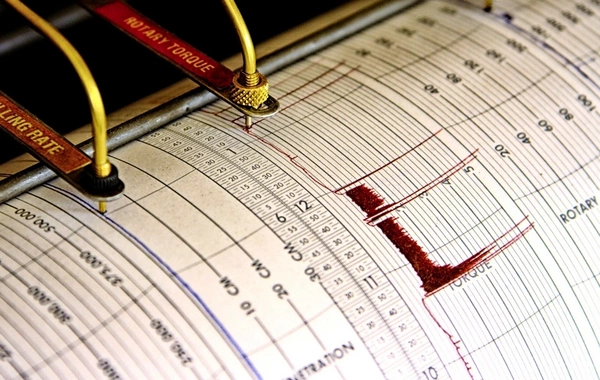Vitamins identified that cause depression and panic attacks when deficient

A person's emotional state is directly related to biochemical processes in the body. Among the many factors that provoke anxiety, a special place is occupied by the deficiency of certain vitamins and minerals. Ekaterina Safranovich, a psychiatrist and psychotherapist, told about this in an interview with "Gazeta.Ru".
According to the expert, a lack of vitamins can seriously disrupt the functioning of the nervous system, which manifests itself in increased anxiety, panic attacks, and even the development of depressive states. Vitamin D deficiency is especially critical.
"Vitamin D plays a fundamental role in the body - it directly participates in the synthesis of serotonin and dopamine, known as the 'happiness hormones'. Low levels of this vitamin are associated with a whole spectrum of diseases: from autoimmune and cardiovascular to endocrine and neurodegenerative. In addition, its deficiency often causes seasonal blues, chronic fatigue, increased drowsiness, and anxiety," emphasized Safranovich.
Vitamin D deficiency can be recognized by symptoms such as apathy, sleep disturbances, muscle weakness, and frequent colds.
B vitamins, especially B6, B9, and B12, play an equally important role in regulating emotional state. Vitamin B6 is necessary for the production of gamma-aminobutyric acid (GABA) - a neurotransmitter that prevents brain overexcitation. Vitamins B9 and B12 are involved in the metabolism of homocysteine, an excess of which significantly increases the risk of developing depressive states.
With a deficiency of B vitamins, a person may experience irritability, dizziness, numbness of the extremities, and memory problems.
"Among the minerals whose deficiency is directly related to anxiety, magnesium occupies a special place. It regulates the work of NMDA receptors, which reduces the likelihood of neuron overexcitation. With a lack of magnesium, the body reacts more acutely to stressful situations. Typical symptoms of this mineral deficiency include muscle cramps, tachycardia, insomnia, and a feeling of a 'lump in the throat'," noted the specialist.
Another important mineral is zinc, which not only supports the immune system but also participates in the synthesis of neurotransmitters. Studies show that low zinc levels correlate with increased anxiety and obsessive-compulsive disorder (OCD).
Zinc deficiency manifests as frequent infectious diseases, hair loss, and slow wound healing.
"To identify deficiencies of these important elements, I recommend paying attention to the following tests: for vitamin D - a test for 25-OH-D3 with an optimal level of 50-80 ng/ml; for B vitamins - tests for pyridoxal-5-phosphate (B6), folic acid (B9), and serum tests for B12; for magnesium - a test for its content in erythrocytes, which is more informative than serum; for zinc - a test for its level in blood plasma," recommends Safranovich.
The psychotherapist especially emphasizes that only a qualified doctor should interpret the test results. For example, B12 indicators that are within the laboratory norm may not reflect its real activity at the cellular level. In addition, some laboratory reference values are outdated and do not correspond to modern concepts of the norm.
To replenish the deficiency of vitamins and minerals, the expert offers several strategies: dietary correction, taking dietary supplements, and IV therapy (intravenous infusion therapy). The latter method, according to the specialist, is the most effective.
The advantages of IV therapy include 100% bioavailability of the administered substances (compared to 15-80% with oral administration), as they enter directly into the bloodstream, bypassing the gastrointestinal tract. It also notes the rapid achievement of therapeutic concentration (in just 15-30 minutes) and a noticeable improvement in sleep and mood after just 1-2 procedures.
IV therapy has a number of biochemical advantages: it provides immediate correction of cellular deficiency, has a direct effect on the blood-brain barrier, and creates a synergistic effect of the cocktail components. An important aspect is the possibility of individual selection of components - the doctor can combine vitamins, antioxidants (for example, glutathione), and minerals in a dosage that is optimal for a specific patient.
Similar News
Scientists explained why it has become fashionable to choose unattractive people for relationships
Among Gen Z, a phenomenon called "Shreking" is gaining popularity - choosing romantic partners who are considered "not on the same level," for example, those le...




 Azərbaycanca
Azərbaycanca  По-русски
По-русски  English
English 






